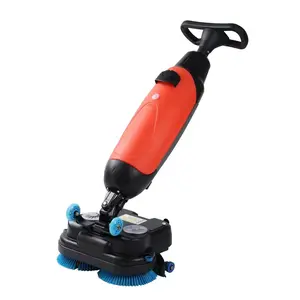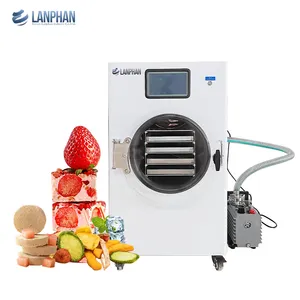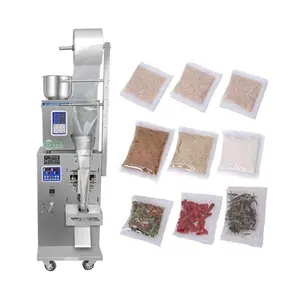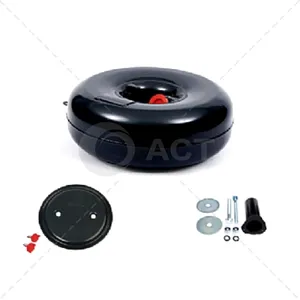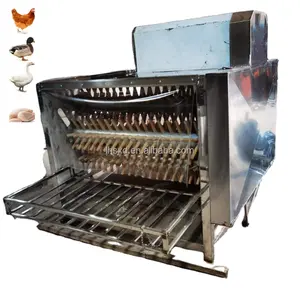Popular in your industry






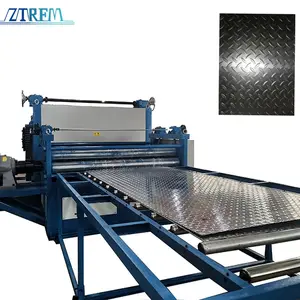

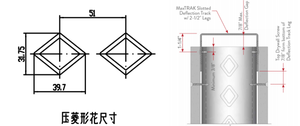


















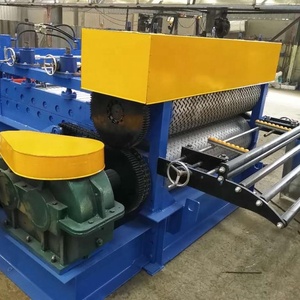





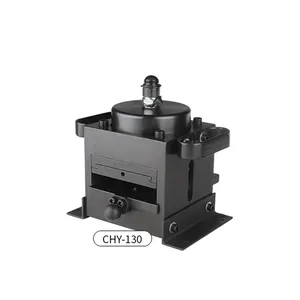

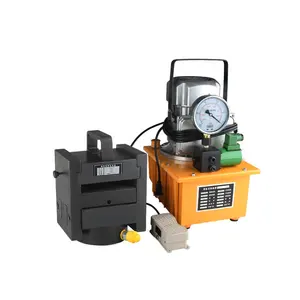


































Related Searches:

































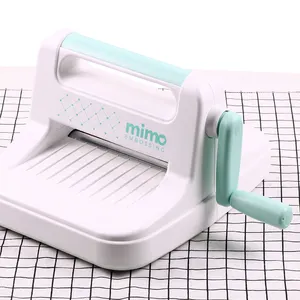





































































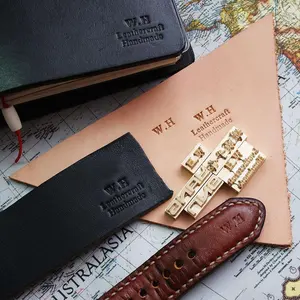



































Top categories
About embossing machines
What are Embossing Machines
Embossing machines are specialized devices designed to create raised or recessed designs on a variety of materials, such as paper, leather, metal, and textiles. These machines are widely used in industries ranging from printing and packaging to fashion and advertising. The embossed effect is achieved by applying pressure to the material using a combination of heat and engraved dies or rollers, which mold the surface into the desired pattern or text.
The process of embossing can be manual, semi-automatic, or fully automatic, depending on the machine's complexity and intended use. Manual embossers are typically operated by hand, where the user applies force to an embossing tool or press. Semi-automatic machines may require some manual setup but use powered mechanisms to apply pressure. Fully automatic machines are capable of high-volume production with minimal human intervention, using advanced controls to manage pressure, heat, and material feed.
The principle behind embossing is simple yet effective. The material to be embossed is placed between two dies: one die features a raised design (male die), while the other has a corresponding recessed design (female die). When pressure is applied—often with heat—the material is forced into the recessed die's cavities by the raised die, resulting in an embossed pattern that can be both seen and felt. Heat helps to set the design, especially for materials like plastics or leathers that can change shape when warm.
Businesses such as manufacturers of greeting cards, book covers, packaging materials, and fashion accessories utilize embossing machines to add texture and visual appeal to their products. This added tactile quality often enhances the perceived value and aesthetic of goods, making them more attractive to consumers.
Types of Embossing Machines
Embossing machines come in various types to accommodate different materials and production needs. Here's a brief overview:
Manual Embossing Machines: These are hand-operated presses where the user applies force directly through a lever or handle. They're suitable for small-scale projects like personalizing leather goods or crafting custom greeting cards.
Roller Embossing Machines: Utilized for continuous patterns on long rolls of material such as textiles or paper. The material moves between two rollers where one or both are engraved with the desired pattern.
Heat Press Embossing Machines: These machines use heat along with pressure to emboss materials like plastics or fabrics that respond well to temperature changes. They're often used for creating logos on t-shirts or other apparel.
Hydraulic Embossing Presses: Known for their high pressure and precision, hydraulic presses can handle tough materials like metal sheets for automotive parts or decorative home items.
Each type serves distinct purposes across diverse industries, from paper printing shops creating unique stationery to garment shops adding intricate details to clothing.
How to Choose Embossing Machines
Selecting the right embossing machine for your business involves considering several factors based on your specific needs and the types of materials you work with:
Volume and Scale: Assess the volume of products you need to emboss. For high-volume production runs, automatic machines offer speed and efficiency, while manual machines may suffice for low-volume or custom jobs.
Material Compatibility: Different machines are suited for different materials—ensure that the machine you choose can handle the specific materials you intend to use (e.g., paper, metal, textiles).
Complexity of Designs: Consider the complexity of the designs you wish to emboss. More intricate patterns may require advanced machines with precise control over pressure and heat.
Space Considerations: The available workspace can influence your choice. Manual machines typically have a smaller footprint compared to bulky automatic presses.
Budget: Your budget will play a significant role in the decision-making process. More complex machinery comes at a higher cost but may provide better long-term value through increased productivity and versatility.
Analyzing these considerations will help you make an informed decision that aligns with your business's operational needs and goals.
Best Embossing Machines on Alibaba.com
For businesses looking to procure embossing machines, Alibaba.com offers a diverse array of options tailored to meet varying industrial requirements. As an expansive marketplace connecting suppliers with buyers globally, Alibaba.com ensures that whether you run a manufacturing plant or a small printing shop, you can find machinery that fits your production needs and budget constraints without compromising on quality.
The platform's user-friendly interface allows buyers to navigate through multiple product offerings effortlessly while utilizing filters such as application industries, core components, machinery test reports, after-sales service options, and key selling points like ease of operation and service life. With Alibaba.com's Trade Assurance service feature, businesses gain an additional layer of security knowing their payments are protected until delivery of their chosen machine is completed successfully.
Alibaba.com's commitment extends beyond just connecting buyers with suppliers; it's about providing access to a global market and enabling businesses of all sizes to thrive in today's competitive environment. Whether you're looking for a manual device for bespoke leather goods or a fully automated system for large-scale metalworking projects, Alibaba.com stands out as a premier destination for sourcing industrial-grade embossing machines tailored to your specific business requirements.
Common FAQs for Embossing Machines
What materials can be embossed using embossing machines?
Embossing machines are versatile and can handle a range of materials, including paper, cardstock, leather, textiles, metals, and some plastics. The suitability of a material for embossing depends on its thickness, malleability, and heat resistance.
What industries commonly use embossing machines?
Industries such as printing and packaging, fashion accessories, greeting cards manufacturing, automotive components, and interior decor extensively use embossing machines to enhance the texture and aesthetic appeal of their products.
How does an embossing machine differ from a printing press?
While a printing press applies ink to create images or text on a surface, an embossing machine creates raised or recessed patterns without the use of ink. The result is a tactile element added to the material's surface.
Can I use an embossing machine for my home-based business?
Yes, manual or semi-automatic embossing machines are suitable for home-based businesses due to their smaller size, ease of use, and affordability. They can be used for custom projects or small production runs.
How do I maintain an embossing machine?
Regular maintenance includes cleaning the dies or rollers, lubricating moving parts, checking for wear and tear, and ensuring proper alignment. Follow the manufacturer's guidelines for specific maintenance procedures.
Are there different dies for different materials in embossing machines?
Yes, different materials may require dies made from various materials or with specific designs. For instance, metal embossing may need harder dies than those used for paper or leather.
What is the lifespan of an embossing machine?
The lifespan of an embossing machine depends on factors such as frequency of use, maintenance practices, and overall build quality. With proper care, industrial-grade machines can last several years.
Can embossing machines be used for debossing as well?
Many embossing machines are capable of debossing, which is the process of creating indented designs rather than raised ones. It depends on the dies used and the machine's capabilities.
What safety precautions should be taken when operating an embossing machine?
Operators should always follow manufacturer instructions, wear appropriate safety gear if necessary (such as gloves or safety glasses), and ensure that safety guards are in place and functional.
What after-sales services are typically provided with the purchase of an embossing machine?
After-sales services can include online support, video technical support, or engineers available to service machinery overseas. The extent of after-sales support varies by supplier and product.
How do I choose the right size of an embossing machine for my business?
Consider your workspace size, the material sizes you'll work with, and your production volume when choosing an embossing machine. Compact machines are suitable for smaller spaces and lower volumes.
Is it possible to customize an embossing machine according to specific business needs?
Many suppliers offer customization options such as adjustments to die designs or modifications to accommodate unique material sizes or shapes. Discuss your requirements with suppliers to explore custom solutions.
